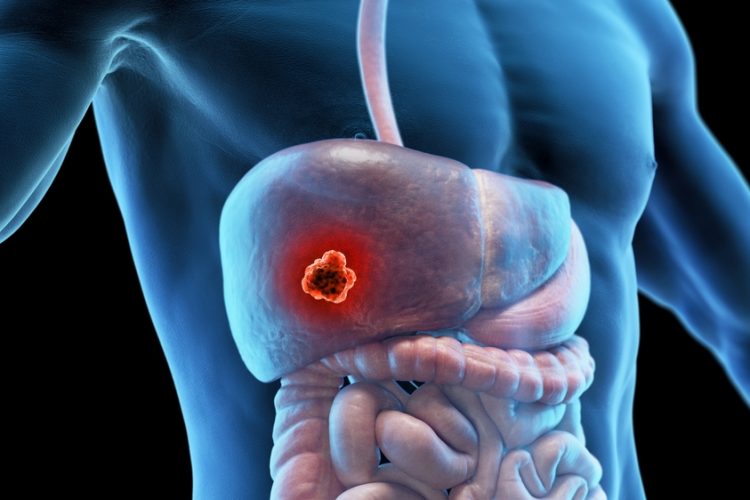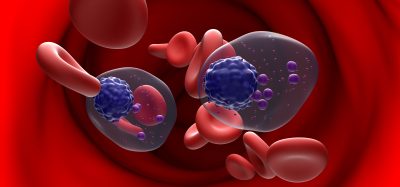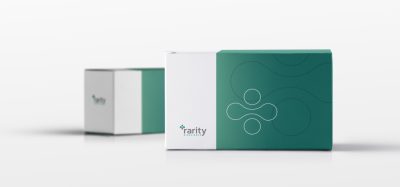Anti-PD-1 autoantibody: a biomarker candidate for HCC
Posted: 24 September 2024 | Drug Target Review | No comments yet
The researchers discovered that anti-PD-1 autoantibodies influence the outcome of Atezo/Bev therapy for hepatocellular carcinoma.


Researchers at Okayama University have investigated the application of anti-PD-1 autoantibody as a biomarker candidate for hepatocellular carcinoma (HCC).
HCC is the most commonly type of liver cancer and the fourth leading cause of cancer-related death globally. One treatment for patients with an advanced form of HCC involves a combination of the drugs atezolizumab and bevacizumab, referred to as Atezo/Bev therapy, which is typically recommended as the first treatment for patients with liver cancer. Despite this, there are no reliable markers that can be used to predict its effectiveness.
Dr Akinobu Takaki from the Department of Gastroenterology and Hepatology explained: “Although Atezo/Bev combination therapy shows a strong effect, nearly 20 percent of treated patients show progressive disease. As a result, it is important to predict the efficacy of Atezo/Bev and develop an appropriate regimen.”
Autoantibodies
The team concentrated on autoantibodies to identify a suitable marker for predicting treatment efficacy, as they have been observed in multiple forms of cancer and can also be easily detected in blood serum.
They hypothesised that an anti-PD-1 autoantibody would influence the outcome of Atezo/Bev therapy because it targets the same cellular pathways as atezolizumab. To explore this, they studied 63 patients with advanced HCC who underwent Atezo/Bev therapy, measuring anti-PD-1 autoantibody levels in the patients’ blood serum before and after treatment. Following this, they examined whether there was a correlation between the autoantibody levels and patient response to treatment.
A statistically significant correlation between higher anti-PD-1 autoantibody levels and lower survival rates was observed. This indicated that an anti-PD-1 autoantibody is a potential biomarker for immune checkpoint inhibitors in patients with HCC. However, further research is required to elucidate the biological role of these autoantibodies in cancer immunotherapy.
Dr Takaki concluded: “Ours is the first study to report that higher serum anti-PD-1 autoantibody levels were associated with a poor prognosis in patients who received Atezo/Bev as first-line therapy. Notably, serum levels of anti-PD-1 autoantibody may serve as a novel potential biomarker for predicting the efficacy of immune checkpoint inhibitors in patients with HCC. Overall, our findings will bring hope to patients with liver cancer and pave the way for development of improved treatment regimens in the future.”
This study was published in Gastro Hep Advances.
Related topics
Antibodies, Cancer research, Immunotherapy, Oncology, Therapeutics
Related conditions
hepatocellular carcinoma (HCC)
Related organisations
Okayama University
Related people
Dr Akinobu Takaki (Okayama University)








